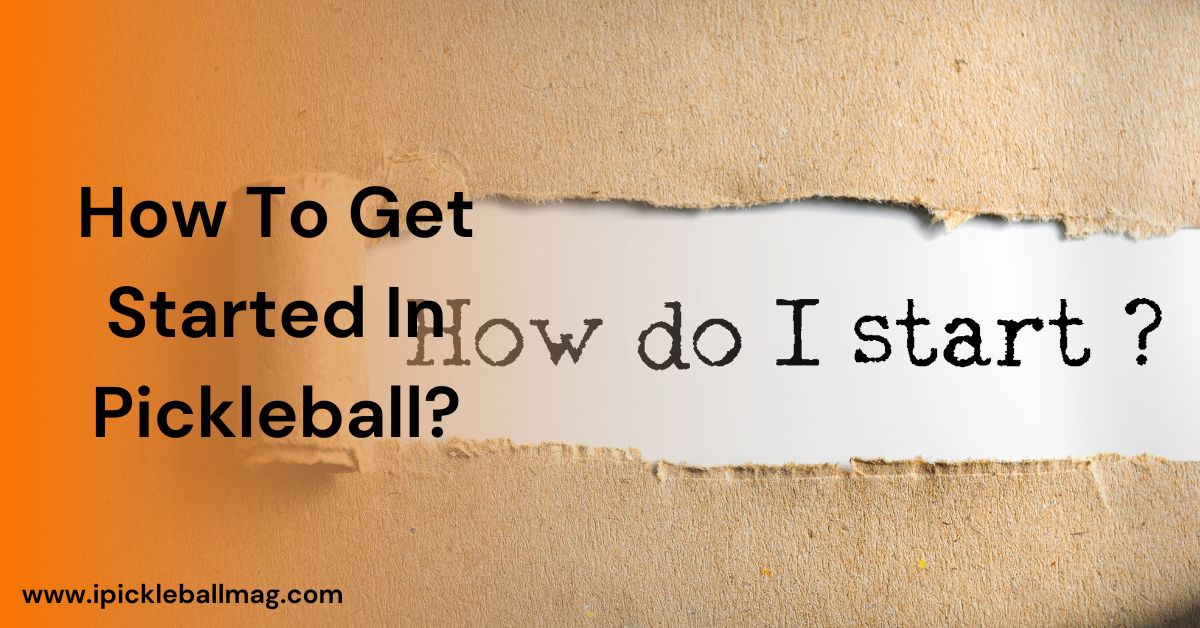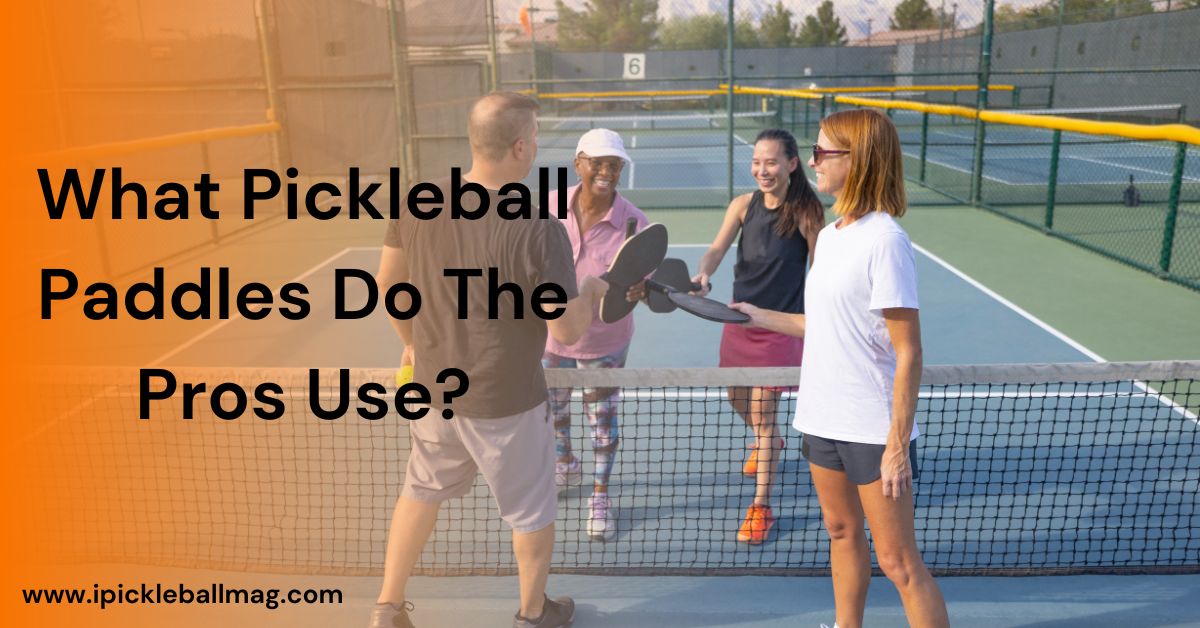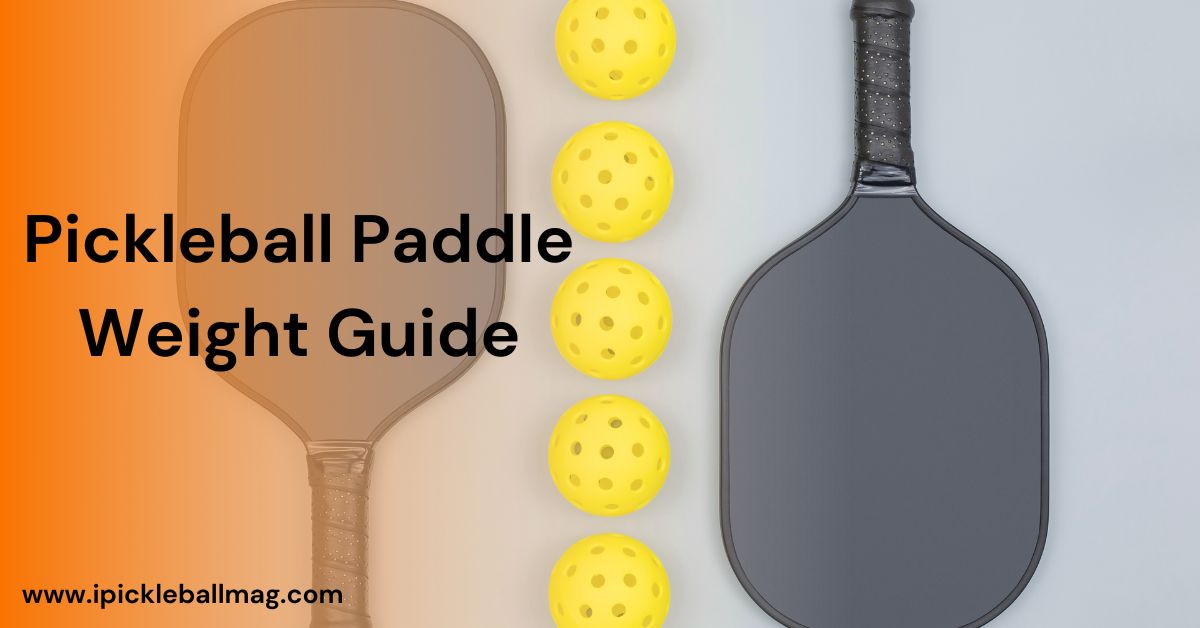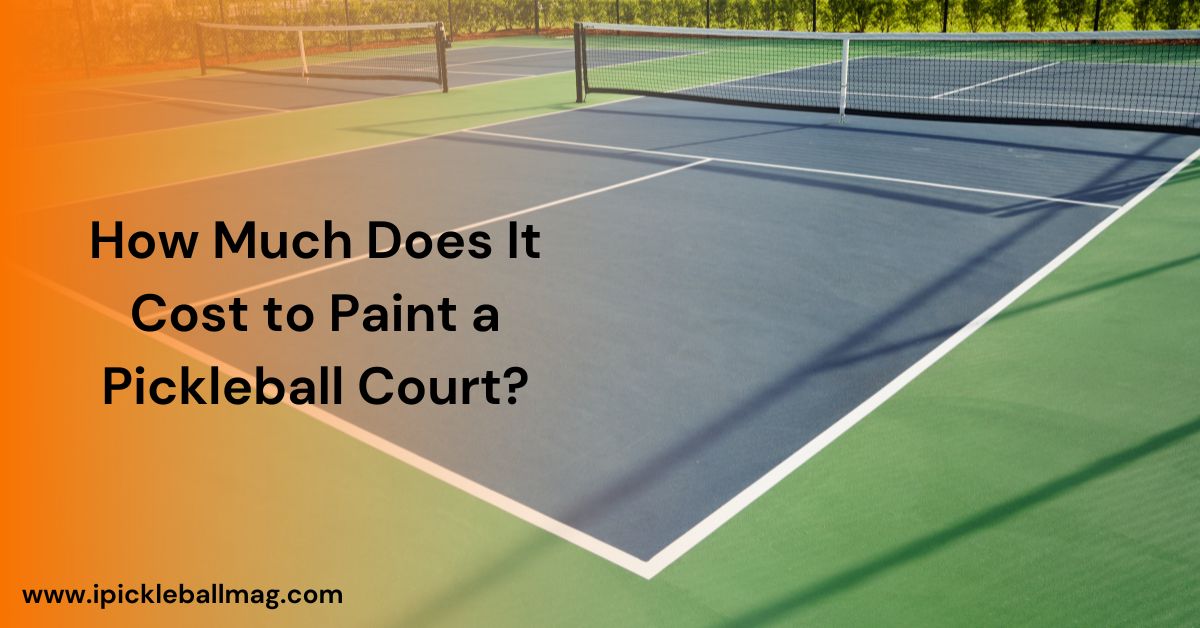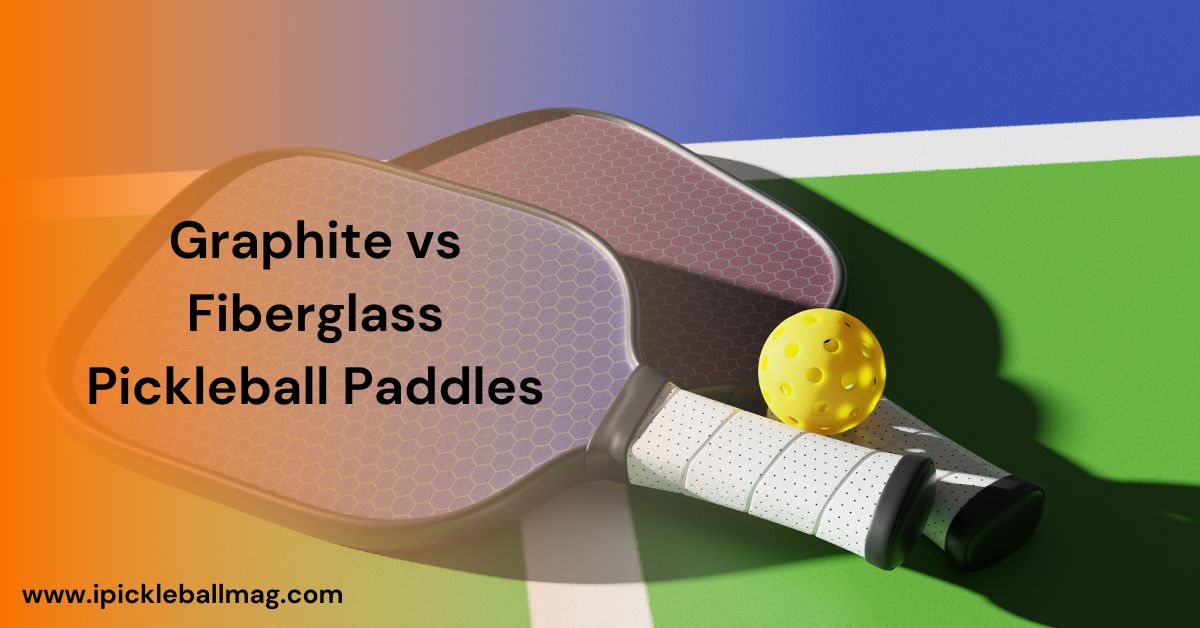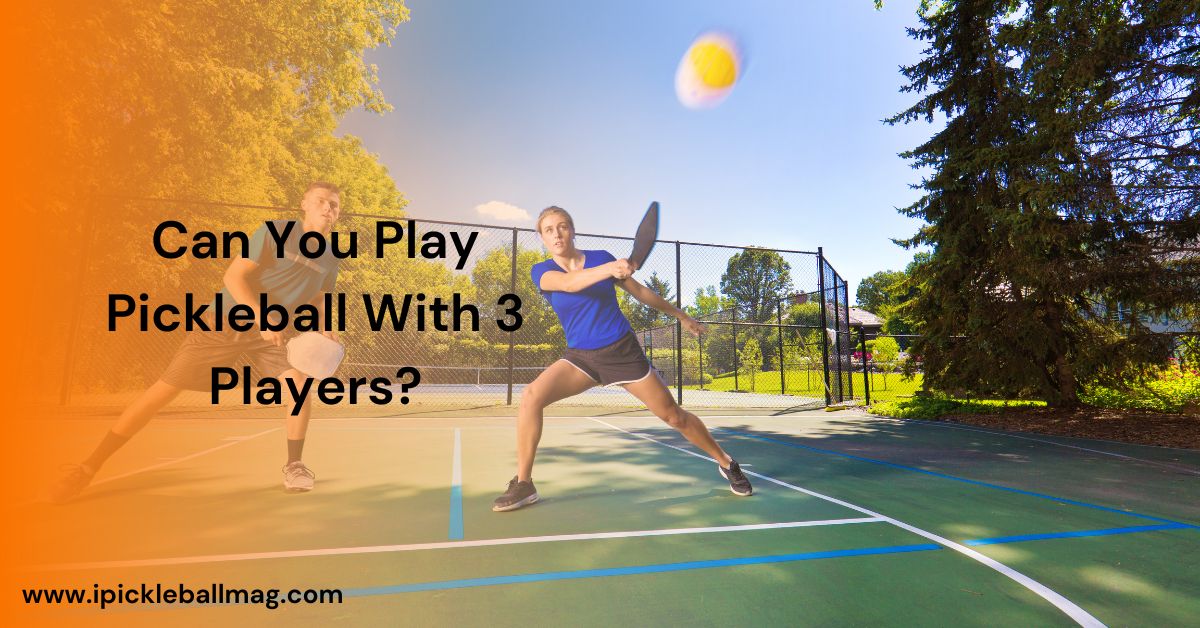Top 8 Health and Social Benefits of a Pickleball Game
Pickleball is an active, fun sport that combines elements of tennis, badminton, and table tennis. Developed in 1965 in Bainbridge, Washington, it has since grown to become a popular paddle sport across the U.S. and beyond.
The game can be played both indoors and outdoors on a 20×44 feet pickleball court, with either two players (singles) or four players (doubles). Using a perforated hollow plastic ball and solid-faced paddles, this low-impact game is easy on the joints, making it accessible for people of all ages.
As a fast-growing sport, pickleball attracts young people and middle-aged individuals alike. It has become a multigenerational activity that builds strength, flexibility, and strong muscles. Whether you’re playing in your backyard, on a tennis court, or in school gym classes, pickleball offers a range of health benefits.
It improves blood pressure, lowers stress, and helps maintain a healthy social life. Participation in the game has increased by 40% in the previous year, with more older Americans discovering the joy of playing pickleball with their families.

Health And Social Benefits Of Pickleball Play
Pickleball Offers both health and social benefits. Let’s discuss each of them in detail.
Health Benefits Of Playing Pickleball
Playing pickleball offers numerous health benefits that cater to both the body and the mind. As a low-impact sport, it’s suitable for all ages, including older age groups and those with previous injuries. Here’s how pickleball enhances your well-being:
Cardiovascular Health
Engaging in aerobic exercise through pickleball helps improve heart health. A typical 30-minute pickleball game can elevate your heart rate to moderate intensity levels, effectively serving as a cardio workout.
This physical activity reduces the risk of heart disease by lowering blood pressure levels and cholesterol. According to a 2022 study, participants burned up to 600 calories per hour, showcasing how efficiently pickleball aids in burning calories and maintaining cardiovascular conditioning.

Muscle Tone and Agility
The dynamic movements in pickleball enhance muscle tone and flexibility. Constant moving and footwork improve balance and agility, making daily activities easier. Players develop better control and hand-eye coordination through hitting and receiving the ball, which also stimulates cognitive function and memory recall.
This fast-paced game requires split-second decisions, contributing to quick-thinking and overall mental sharpness.
Bone Health and Joint Flexibility
As a weight-bearing activity, pickleball helps in maintaining healthy bones and preventing bone loss. The movement involved strengthens bone tissue and supports joint flexibility, reducing the risk of dementia and other health risks associated with aging.
Low-impact workouts minimize joint stress on the knees, hips, and ankles, making it a safer alternative to high-impact sports like running or tennis.

Mental Well-being
Playing pickleball significantly boosts mental health by releasing feel-good endorphins that enhance your mood and alleviate depression and anxiety. The social interaction and fun associated with the game help reduce stress and worries, providing a positive outlet for daily stressors.
Regular participation leads to improved emotional health and overall well-being, contributing to life satisfaction and reducing feelings of loneliness.
Social Benefits of Playing Pickleball
Pickleball is not just a sport; it’s a vibrant social activity that fosters social connections and a sense of community. Whether you’re playing singles or doubles, the game offers ample opportunities to build relationships and enjoy meaningful interactions.
Building Friendships
As a group sport, pickleball encourages socialisation and making new friends. Joining a club or league provides a platform to meet enthusiastic players and engage in friendly competition.
The shared experience of playing and winning fosters camaraderie and smiles, making every game a delightful experience.

Community Engagement
Participating in tournaments, lessons, or drop-in play at venues enhances social interaction. Public courts offer a welcoming environment where players of all fitness levels can connect, share tips, and support each other. This social sport helps combat social isolation and promotes a sense of belonging.
Emotional Support
The social connections formed through pickleball provide emotional support, helping players manage stress and worries. Playing with a teammate or a group creates a support system that can uplift your moods and provide a fun and leisure activity to look forward to.
This win-win scenario enhances life satisfaction and contributes to live longer by fostering a supportive community.

Inclusivity and Accessibility
Pickleball is accessible to a wide range of ages and fitness levels, making it an inclusive activity that brings together older bodies and younger players alike. The small court size and underhand serve make the game less risky and more manageable for those concerned about injury.
This inclusivity ensures that everyone can participate, enjoy socialisation, and reap the health benefits without feeling left out.
How to Stay Safe While Playing Pickleball
Pickleball is a fun sport that keeps you active, but staying safe while playing is important to avoid injuries. One common risk is knee injuries from lunging, pivoting, and quick movements. These actions can strain the tissues around your knees, leading to strains or even sprained ankles.
To stay safe, make sure you’re wearing supportive shoes that help prevent twisting during fast plays. Also, regular stretching and warming up before games can reduce the risk of injury. You should also do strengthening exercises on a regular basis to support your knees and avoid tendonitis.
Another area to watch out for is your shoulders and wrists. Overhead hitting and repetitive shots can lead to shoulder injuries or wrist injuries if you’re not careful. It’s important to know your limits and avoid overexerting yourself.

If you feel pain or discomfort, stop immediately and see a healthcare provider. Early interventions can help mitigate the risk of long-term damage and accelerate healing. Using protective glasses or goggles can also protect you from unintended injuries during intense matches.
If an injury occurs, it should be addressed and treated immediately. Resting, applying proper interventions, and staying hydrated can speed up recovery. Neglecting early signs of injury could lead to long-term issues.
Final Words – Benefits Of Playing Pickleball
In conclusion, pickleball offers a unique blend of physical, mental, and social benefits for people of all ages. Its low-impact nature makes it accessible, while the combination of fun and exercise ensures you stay engaged and active.
Beyond improving heart health, muscle tone, and mental sharpness, pickleball strengthens community connections, fostering friendships and emotional support.
Pickleball is an excellent choice whether you’re seeking better health, a sense of community, or just a fun way to stay active. Its inclusive nature allows everyone, regardless of fitness level, to enjoy the benefits without feeling left out.

